Pruning of pine shouldn’t be done in the fall. But despite that, I went to the forest to take a closer look on how to do. Just to check the tools and the methods.
Here is a video from my pruning work in a 15-year old stand of Scotts pine (Pinus sylvestris) in Sweden. At which age should the young stand be pruned? How long time does the pruning work take? What tools should be used in tree pruning? This text is written from a Swedish perspective, with a rotation time at 80-90 years for a pine crop. In many places of the world, trees grow much faster which makes pruning even more relevant.
Here’s a video from my pruning work. It’s in Swedish but it has subtitles in English:
Important to make a good cut
This picture shows a very important thing: how to cut the twigs in a proper way when you prune a tree.
Source: The Swedish Forest Agency’s Forest Management Series Part 8, Pruning.
You should definitely not leave long stumps, as it will take long time until you get new wood to cover it. But you shouldn’t cut too close to the trunk. If you damage the so-called “twig cushion”, you create a too large wound that takes more time to cover with new growth. You also increase the risk for infection of fungal diseases. The twig cushion is like a small, swollen ring that surrounds the twig closest to the trunk. Just outside it you should make your cut!
When is right time to do pruning?
The correct season for pruning of pine is NOT in October. At lest here in the north. The pruning should be done during the growing season, when a fresh cut bleeds of resin. Otherwise there is a risk that the twig is attacked by fungal disease which can destroy the entire tree. When it comes to pine, you should start at the smallest diameter possible, but must also take into account that the tree have passed the risk to be destroyed by a moose or a deer. Since you have to leave most of the green crown in order not to lose growth, you need to return several times to be able to prune up to maybe 5.5 meters (18 ft) in height. In practical terms, it may then be the question of two occasions here in Sweden. The first of which is about 8-10 cm (3-4 in) in breast height (brh) diameter will be done around the age of 15 years. Like the stand I show in the video and there it was possible to prune up to about 3,5 meters (12 ft) height. The last two meters must be done after another 4-5 years when the tree has grown taller.
What tools can I use for pruning?
There are many alternatives of pruning tools and it must be adapted to the need. I myself like a light saw on a short and light wood shank (150 cm/5 ft) when making the first pruning work. You can also use a hand saw for most of the lowest branches if you think it works well. Later on, when you should prune the last meters of the log you need a longer, telescopic saw. The lighter and more stable the better. There is probably a certain relationship between price and performance here… Do you have good tips on useful tools?
An important detail, which is missing on my saw in the video, is that the saw should have a small vertical knife at the bottom of the blade (see image below). It can be used to hit upwards so that it becomes a small cut on the underside of the twig. This is to prevent the bark from being stripped off when the twig begins to fold down and fall. There are also motorized saws and pruners that can be used but I will not write anything about that here.
How long time will the pruning take?
In my tests it took between 1-2 minutes to prune a small pine tree up to about 3,5 meters height. If we assume that the number of trunks to be pruned corresponds to the main trees that remain until final harvest (with a certain safety margin), then it is advisable to prune 600 – 800 trees/hectare (240- 320/acre). It would then take between 2-3 days to prune a hectare (one day/acre) at the first stage. Sounds reasonable? In the next stage, after another 4-5 years, there are just some few stories of branches that has to be removed but it’s harder to work with pruning on 4-5 meters height with a telescopic saw.
Documentation and labeling
One thing that I do not mention in the video is the importance of documenting the pruning performed. A map to locate the stand. The year it was made? Average brh diameter? Number of stems pruned per ha? Possible marking? Namely, it is difficult to distinguish between pruned pine trees and non-pruned trees in an aging stand. More on that in part 2 (coming soon).
What’s the value of pruning?
The main purpose of the pruning is to get more knot-free wood in the first log. To create a value in the future harvest. I will pay more attention to that in the “Pruned pine, Part 2” where I cut som pines that have been pruned 35 years ago. (coming soon). Another benefit can be to get a more “visible” forest environment. Normally, the pine trees clear themself from branches as they grow and the canopy and crown raise upwards. With pruning you speed up this process a little and make the stand to look like being older.
What are your views and experiences of pine pruning? Is it payable? If so, how do you do and what tools do you use?






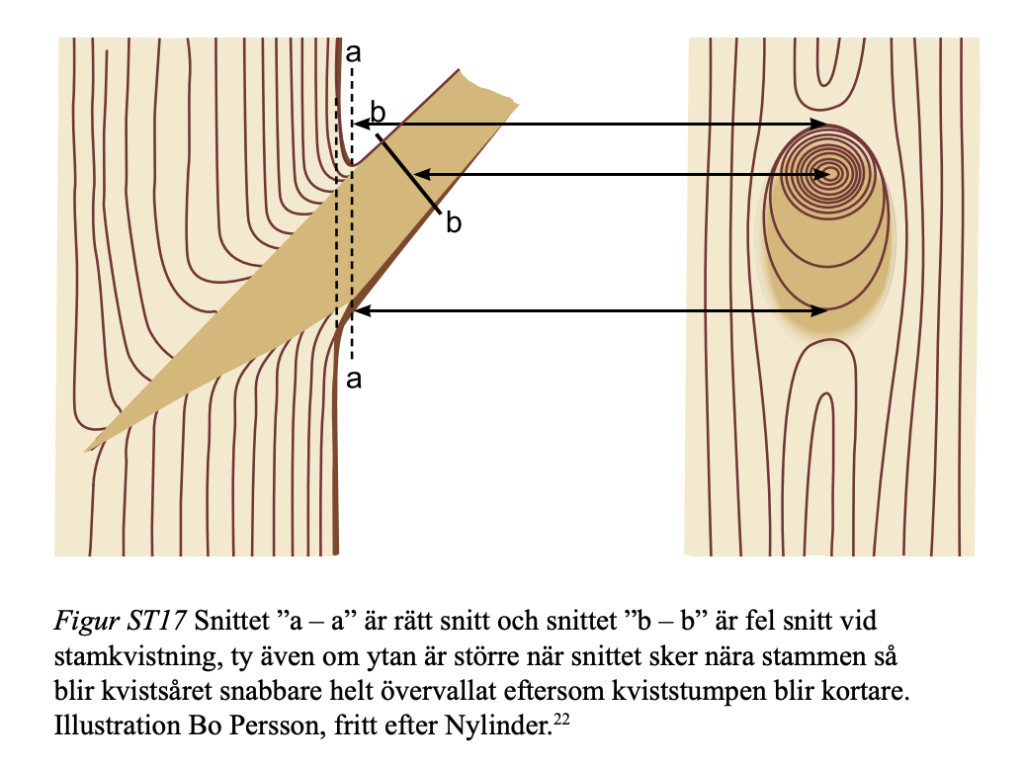
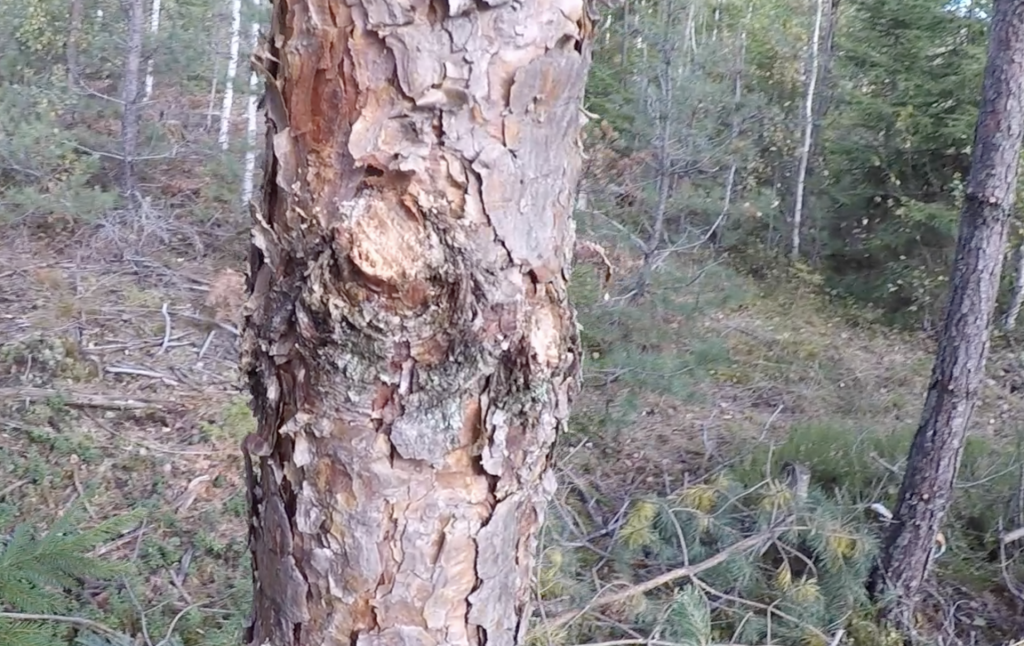
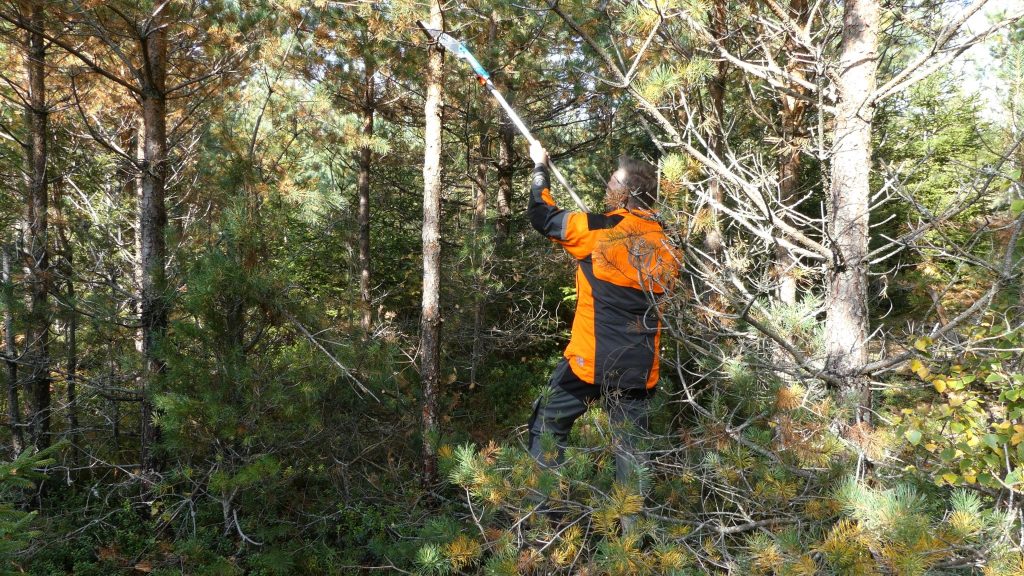
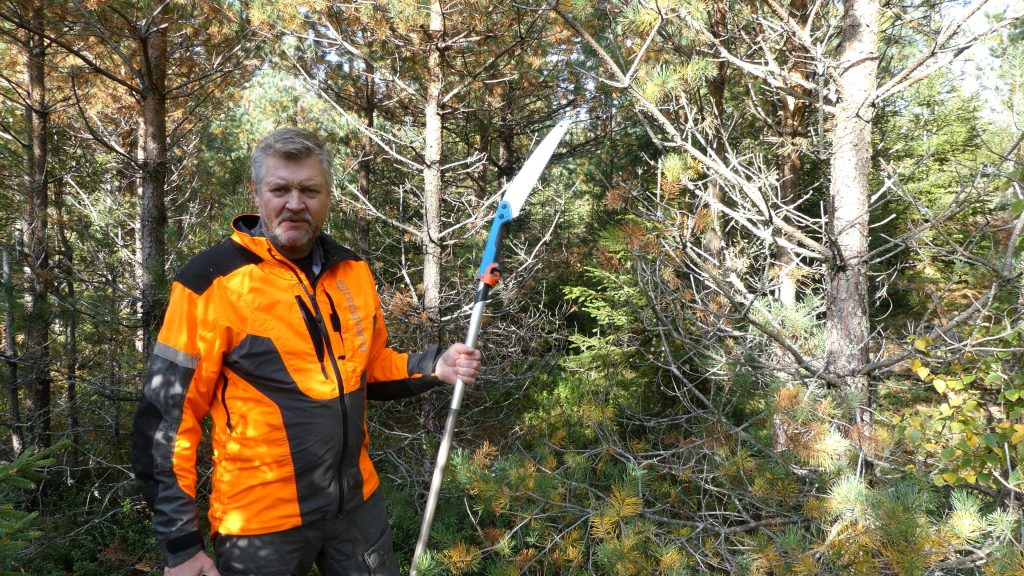
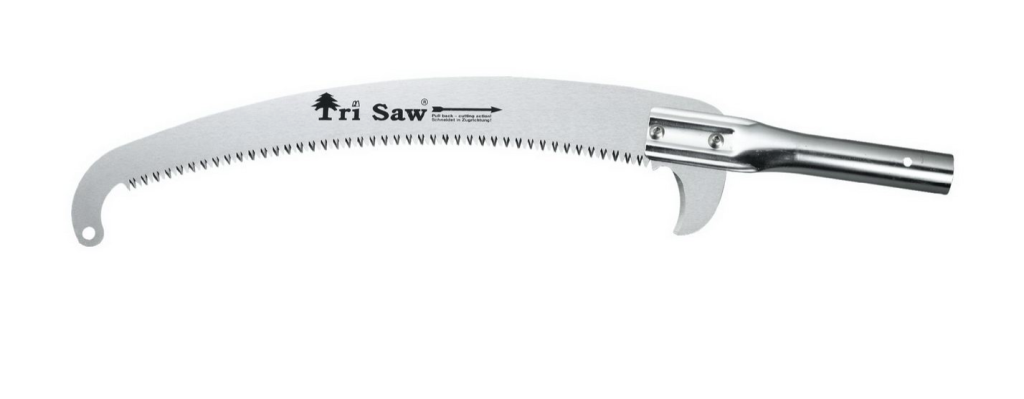
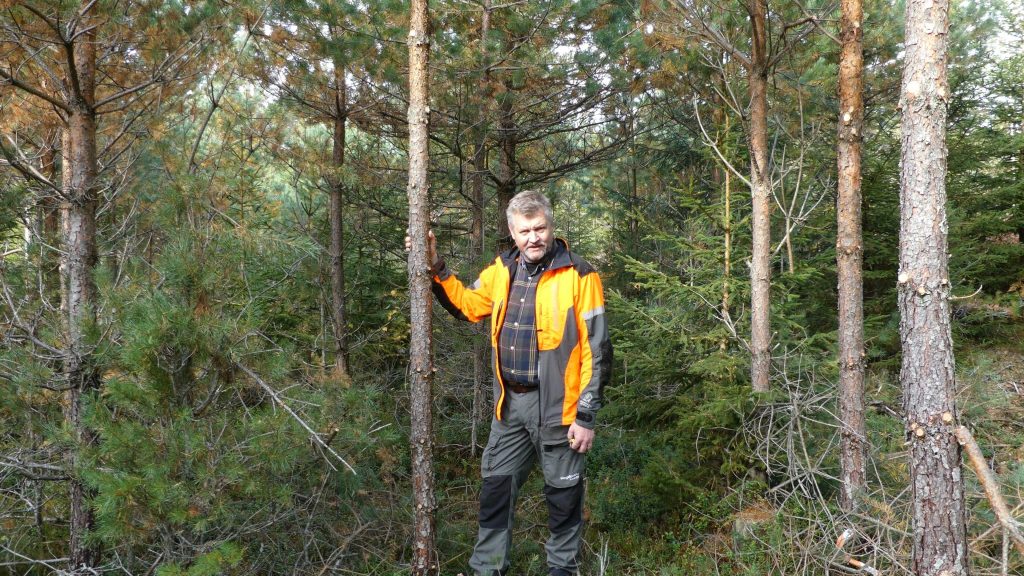






Interesting video, thank you for taking the time to make.